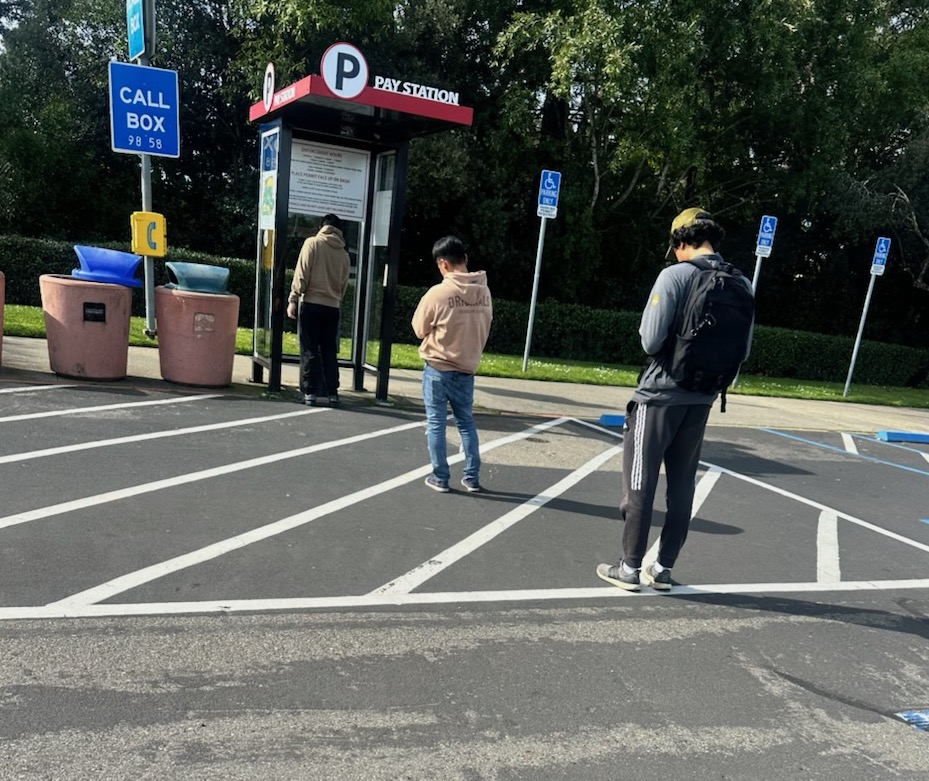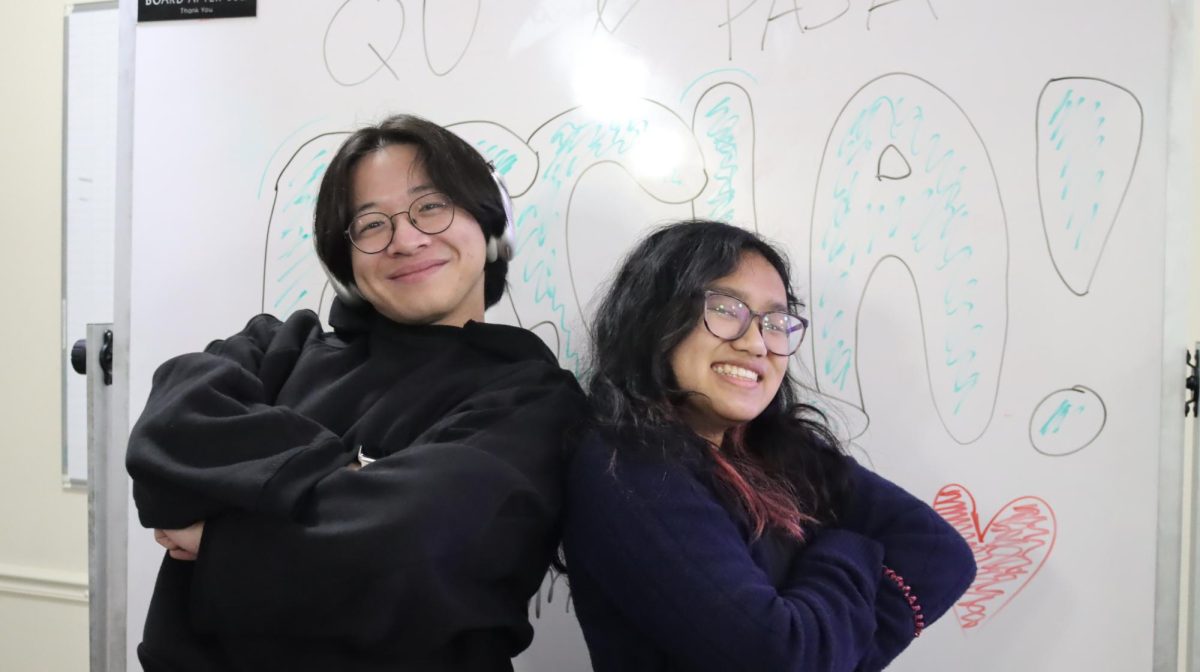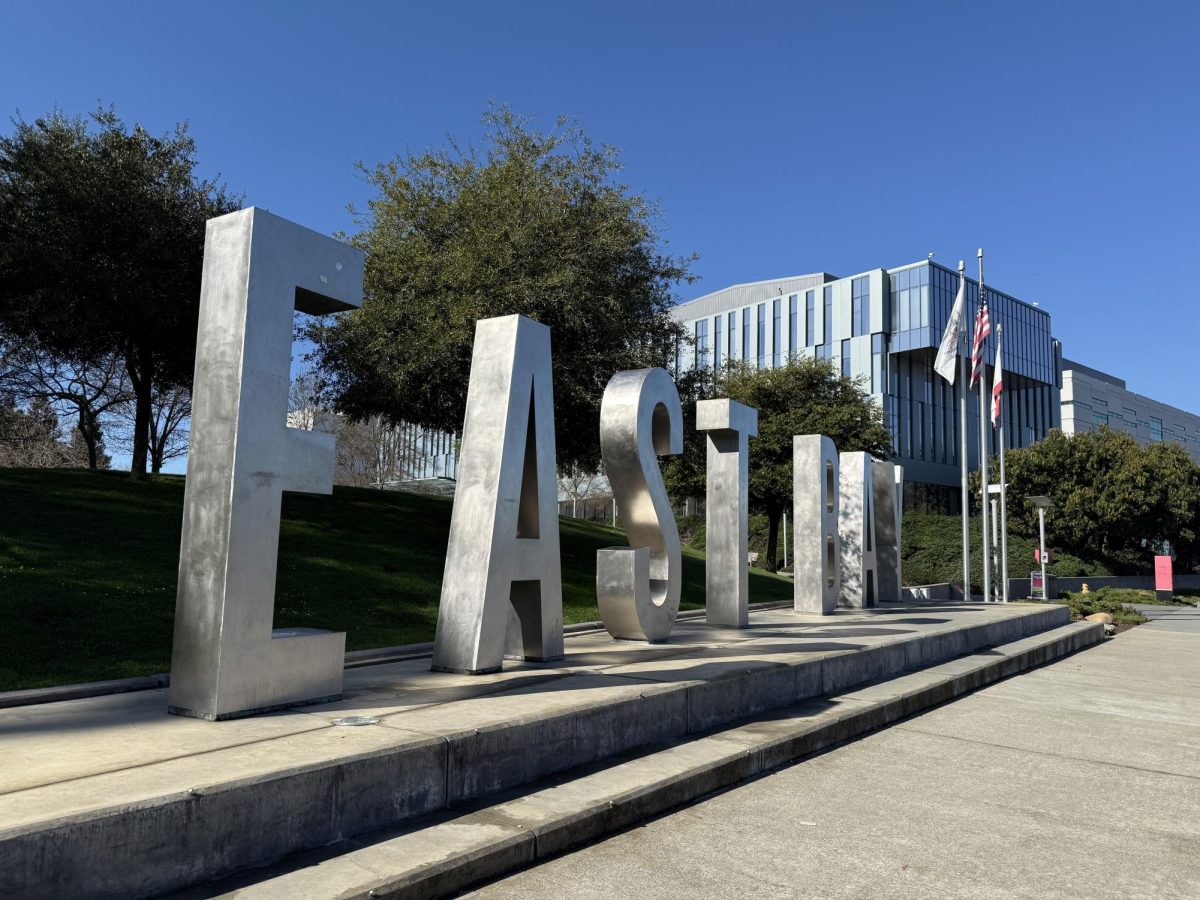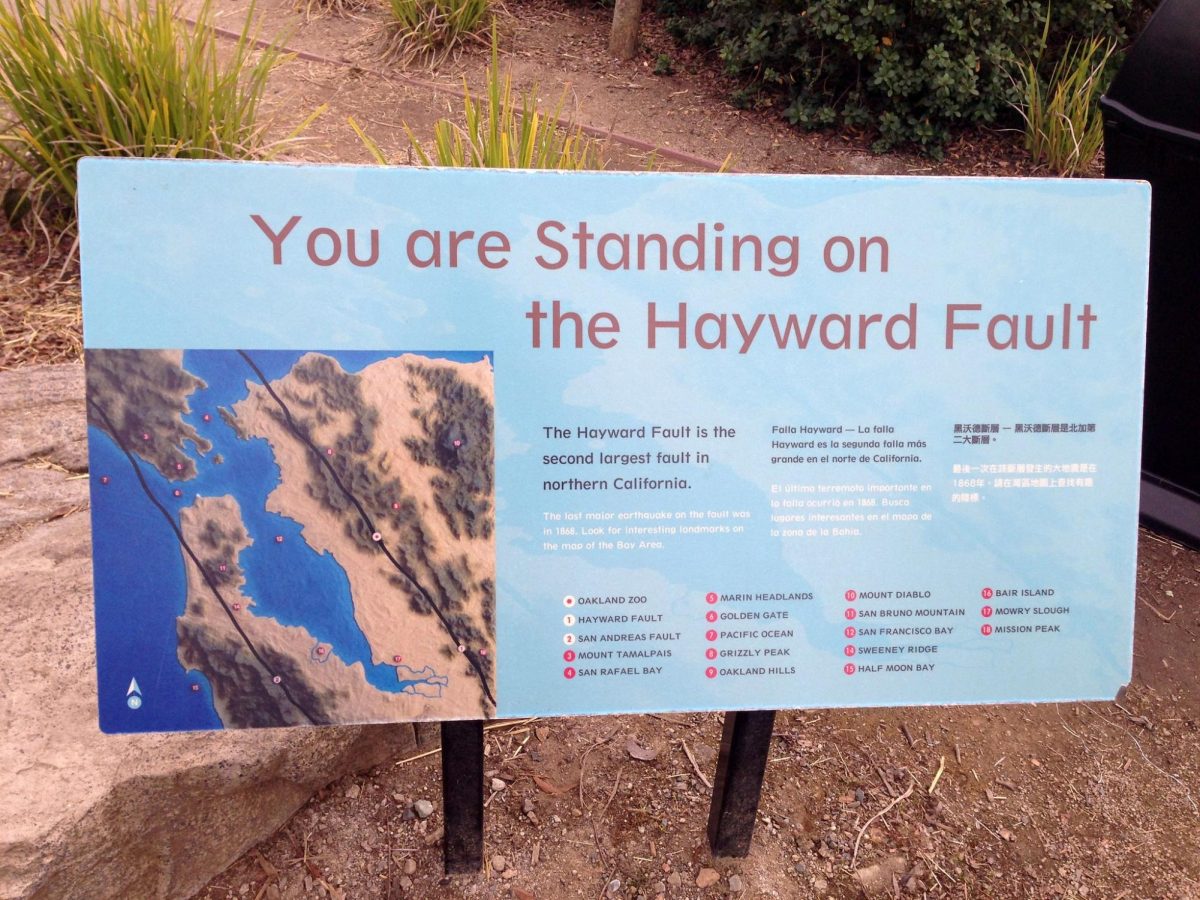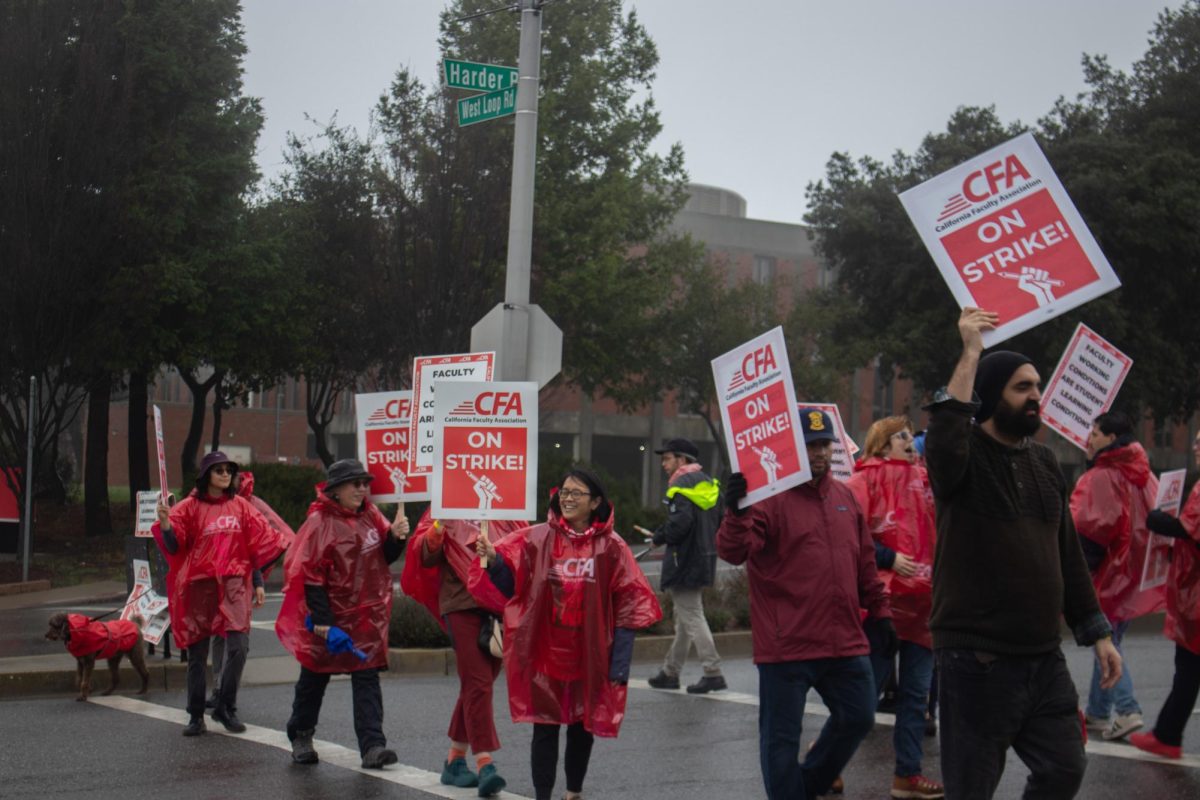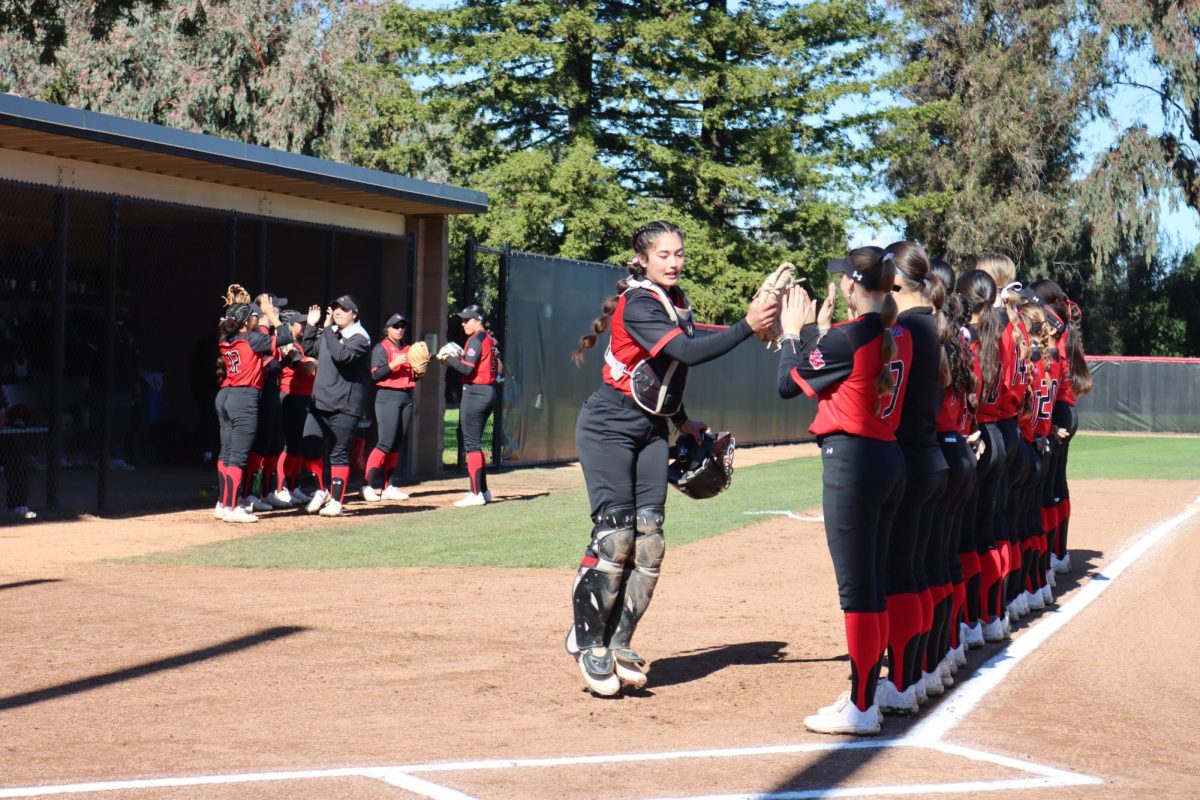In a groundbreaking turn of events, the California Faculty Association (CFA) and the California State University (CSU) management reached a tentative agreement on January 22nd, 2024, reshaping the landscape of public higher education in the state. The negotiations, which involved demands for substantial salary increases, extended maternity leave, and improved working conditions, highlight the CFA’s commitment to enhance the quality of education within the CSU system.
California State University East Bay, a key player in the California State University system, has found itself at the forefront of recent negotiations between the California Faculty Association (CFA) and the CSU management. As one of the largest campuses within the system, the events that transpired during the negotiations have significant implications for both faculty and students at CSU East Bay.
At the heart of the negotiations was the CFA’s bold demand for a 12% salary increase, extended maternity leave of 16 weeks, lactation stations throughout CSU campuses, and managed course caps. These demands reflected the pressing concerns of faculty members who have long been advocating for fair compensation, improved work-life balance, and supportive working conditions.
During an interview with Professor Jefferey Newcomb, president of CFA’s CSUEB chapter, he stated, “The [CFA’s] number one priority was to find a way to get our least paid faculty more money.” Professor Newcomb continued to reinforce his statement regarding the CFA’s approach during negotiations by also stating, “We want to make the floor pay significantly higher.”
The negotiations unfolded against the backdrop of a nationwide discussion on the importance of recognizing and valuing educators. Faculty members, including those at CSU East Bay, argued that fair compensation is essential for attracting and retaining top-tier educators, thereby ensuring a high standard of education for students.
During the negotiations, the CFA emphasized the need for lactation stations across CSU campuses to support working mothers. The demand for extended maternity leave also underscored the association’s commitment to creating a family-friendly environment within the university system, recognizing the diverse needs of faculty members.
One of the noteworthy provisions of the tentative agreement is the introduction of a 10-week parental leave, demonstrating a commitment to supporting faculty members in their roles as caregivers. This move recognizes the evolving dynamics of modern families and strives to create a workplace that accommodates the diverse needs of its employees.
Prior to the tentative agreement the maximum maternity leave only lasted for six weeks. The current tentative agreement allows up to ten weeks of maternity leave, although this is an extension nevertheless according to Newcomb the CFA was pushing for maternity leave being extended to an entire semester (16 weeks). Emergency leave is also included in the TA, which was never considered by CSU management during the negotiation process.
Managed course caps, another key demand, aimed at addressing concerns about workload and class sizes, received considerable attention during the negotiations. Faculty members, including those at CSU East Bay, stressed the importance of maintaining manageable class sizes to provide students with a more personalized and effective learning experience, as well as more consideration with the modality for specific courses.
The tentative agreement includes a raised floor for lower-paid employees, with a 21.6% increase for Range A employees and a 15.1% increase for Range B employees. This move is expected to bring financial relief to some of the university’s most dedicated educators, ensuring a more equitable distribution of resources within the faculty.
The agreement also includes a total of 10% general salary increase which will go into effect within the next 6 months(July 1st, 2024), a significant step towards meeting the CFA’s demand for improved compensation. The service salary increase of 2.65% for eligible employees further acknowledges the dedication and experience of faculty members, reinforcing the value of their contributions to the CSU system.
As the news of the tentative agreement spreads, faculty members at CSU East Bay express a sense of relief and optimism. An anonymous faculty member at the CSUEB, stated, “This agreement is a significant step forward in recognizing the hard work and dedication of faculty members. It not only addresses immediate concerns but also sets a positive precedent for the future of our university.”
In our interview Professor Jefferey Newcomb also concluded stating, “I am in favor of the agreement, although I am disappointed in some, it is a good deal, but there is still more work to do.
Students at CSU East Bay also stand to benefit from the agreement, as smaller class sizes and increased resources for academic support are expected to enhance the overall educational experience. The commitment to improved working conditions for faculty members translates into a more positive and supportive learning environment for students.
The CSU East Bay campus, with its diverse student body and dedicated faculty, serves as a microcosm of the broader implications of this agreement. The developments within the university system signal a positive shift in the relationship between faculty and administration, setting the stage for collaborative efforts to improve the quality of education for all.
While the tentative agreement still awaits final ratification (the voting period for CFA members will open February 12th at 8:00 A.M. and will close February 18th at 5:00 P.M.), stakeholders within the CSU system, including faculty, students, and administrators, are hopeful that this historic development will lead to a more harmonious and productive educational community.
The negotiations have not only addressed immediate concerns but have laid the foundation for a collaborative and forward-thinking approach to the challenges facing public higher education in California, but as Newcomb said “There is still more work to do”.
(For the purpose of this article, The Pioneer also reached out to CSU chancellor, Mildred Garcia, through the CSU public affairs department. Unfortunately we did not receive communication to schedule an interview)



